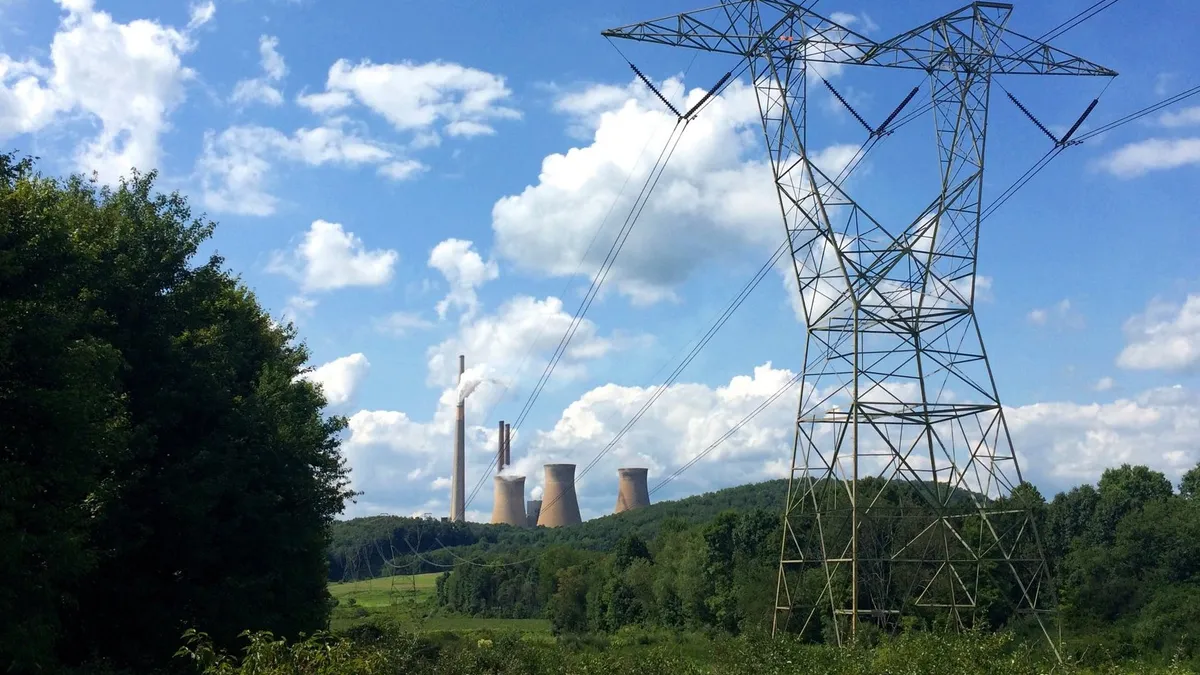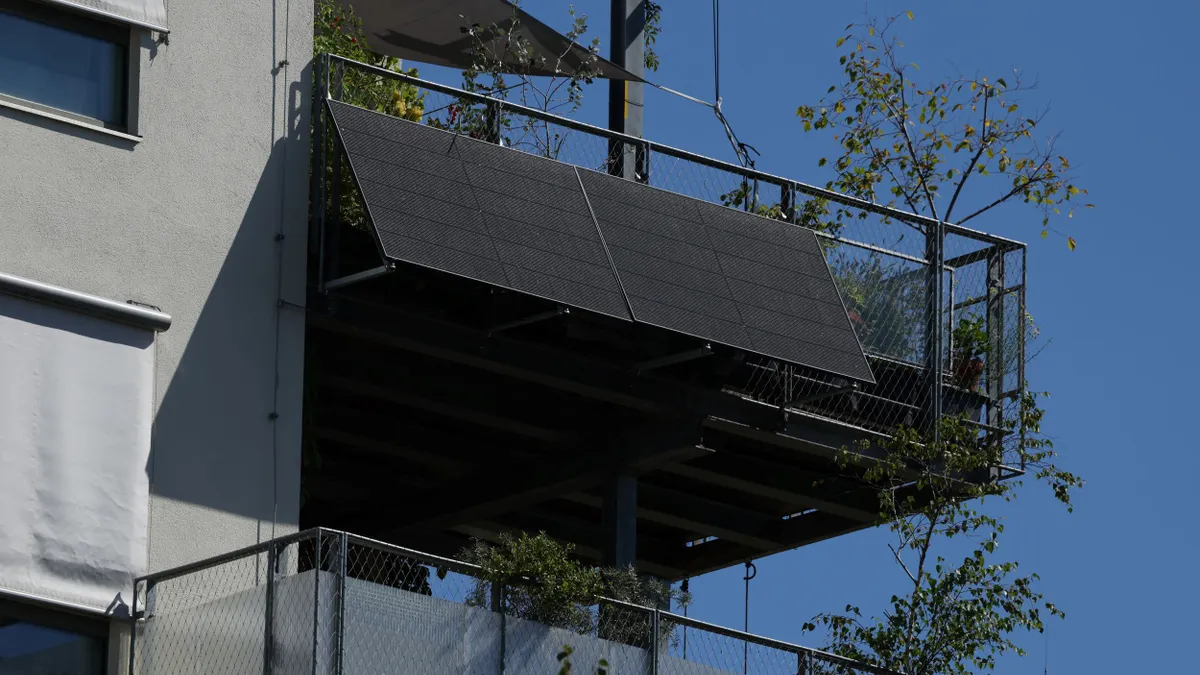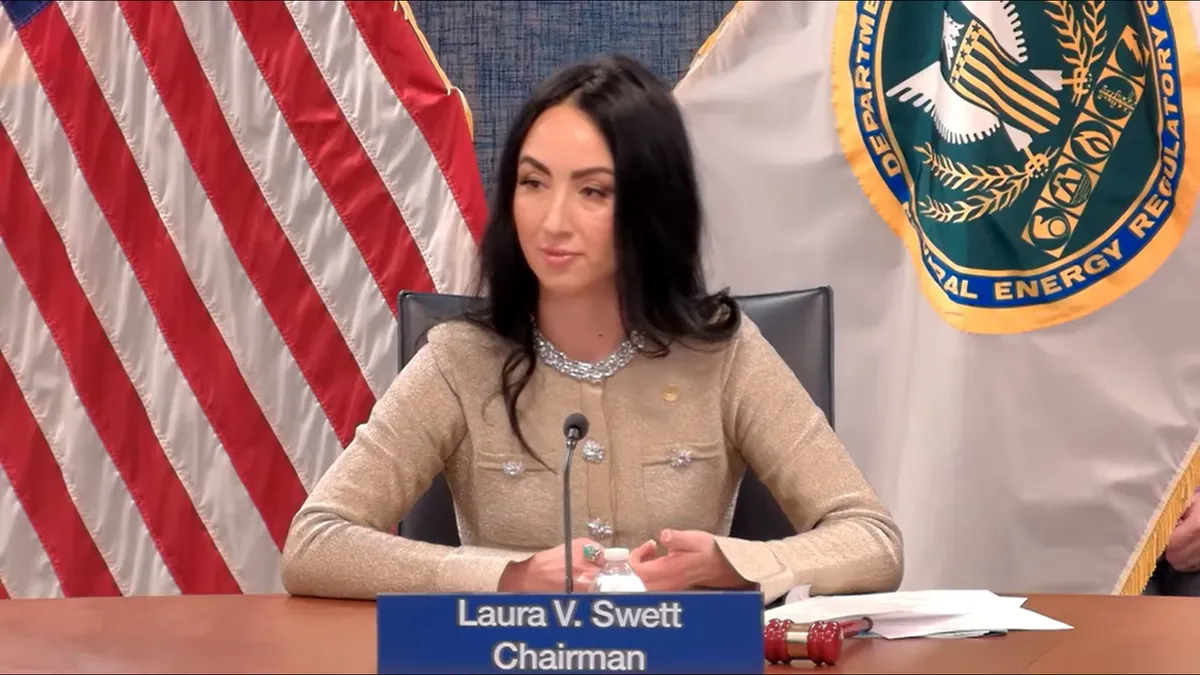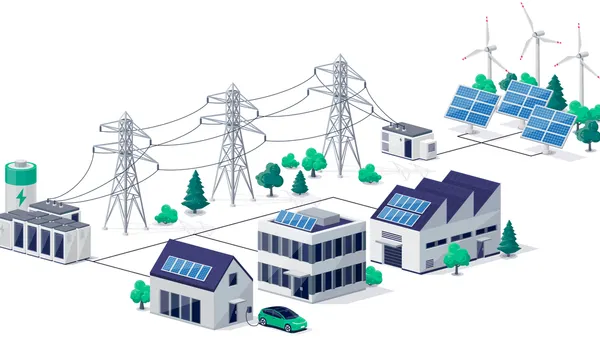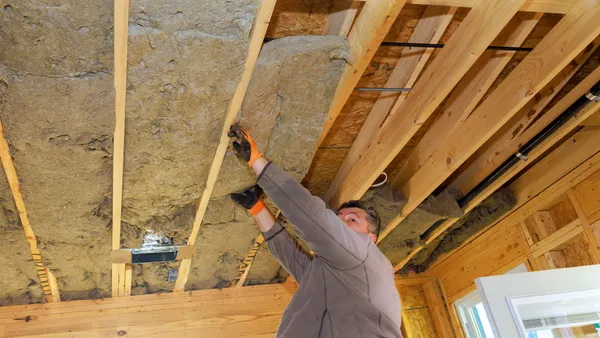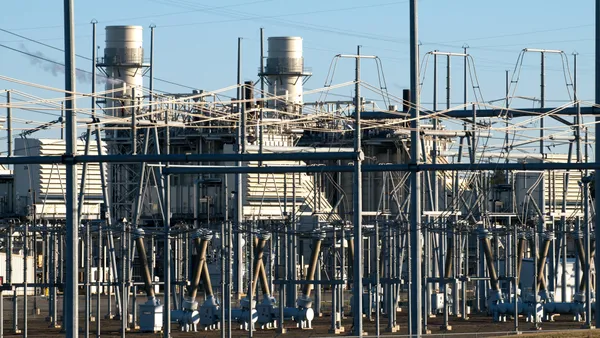Electric utilities can make calls and send demand response text messages to customers who have provided their phone number, the Federal Communications Commission said in a Monday declaratory ruling.
“When a consumer gives a utility their phone number they give their prior express consent to receive non-telemarketing demand response calls and texts,” the commission wrote.
“We confirm that demand response communications are closely related to utility service and thus within the scope of consent customers give when they provide their phone number to their utility,” FCC said. “We thus make clear that a utility can make critical, time-sensitive demand response communications to its customers rather than having to solicit additional consent from each customer, a burdensome and often costly undertaking.”
The Edison Electric Institute, which represents investor-owned utilities, requested in March that the FCC clarify that utilities have prior express consent under the Telephone Consumer Protection Act, and utilities can make demand response communications without risking penalties or fines.
EEI “appreciates the FCC allowing electric companies to deliver timely and clear communications that help customers conserve electricity — and save money — at times of extremely high demand,” Senior Vice President of Customer Solutions Phil Dion said in a statement. “As summer begins and Americans use more electricity to cool their homes and businesses, demand response programs allow grid operators to maintain reliability while helping to keep customer bills as low as possible.”
Utilities see demand response as a key resource to meet growing electricity demand. EEI told the FCC in its March request that the clarification would help “ensure that utilities can continue to provide safe, reliable, and efficient service to customers.”
U.S. electricity demand could grow 25% from 2023 to 2030, ICF said in a May report. And utility demand-side management programs, which include demand response, could be able to meet about 10% of U.S. electricity demand by the end of this decade, it found.
The FCC said its decision “will promote reliable utility service to customers as well as cost savings to consumers.”
The FCC received 15 comments on the utility trade group’s request for a declaratory ruling, and only one objected. A group of public interest groups that included the National Consumer Law Center argued that calls soliciting enrollment in demand response programs are not sufficiently integral to the provision of energy service to be deemed closely related to that service.
“But demand response communications, as described in EEI’s petition and as defined in this declaratory ruling, are not messages about enrolling in energy savings programs or any other program,” FCC responded.
Utility demand response communications are instead “short-term, targeted communications during critical times of peak demand to provide customers with information to avoid service disruptions,” the commission said. “As a result, they are not incentives to purchase and install equipment and appliances that exceed federal or state minimum efficiency standards.”
NCLC doesn’t dispute the efficacy of demand response programs, but wants to ensure consumers have control over what communications they receive, NCLC Senior Attorney Margot Saunders said. The FCC’s declaratory ruling is an interpretive order and there could still be a lawsuit, should a consumer get annoyed with utility demand response messages, she added.



